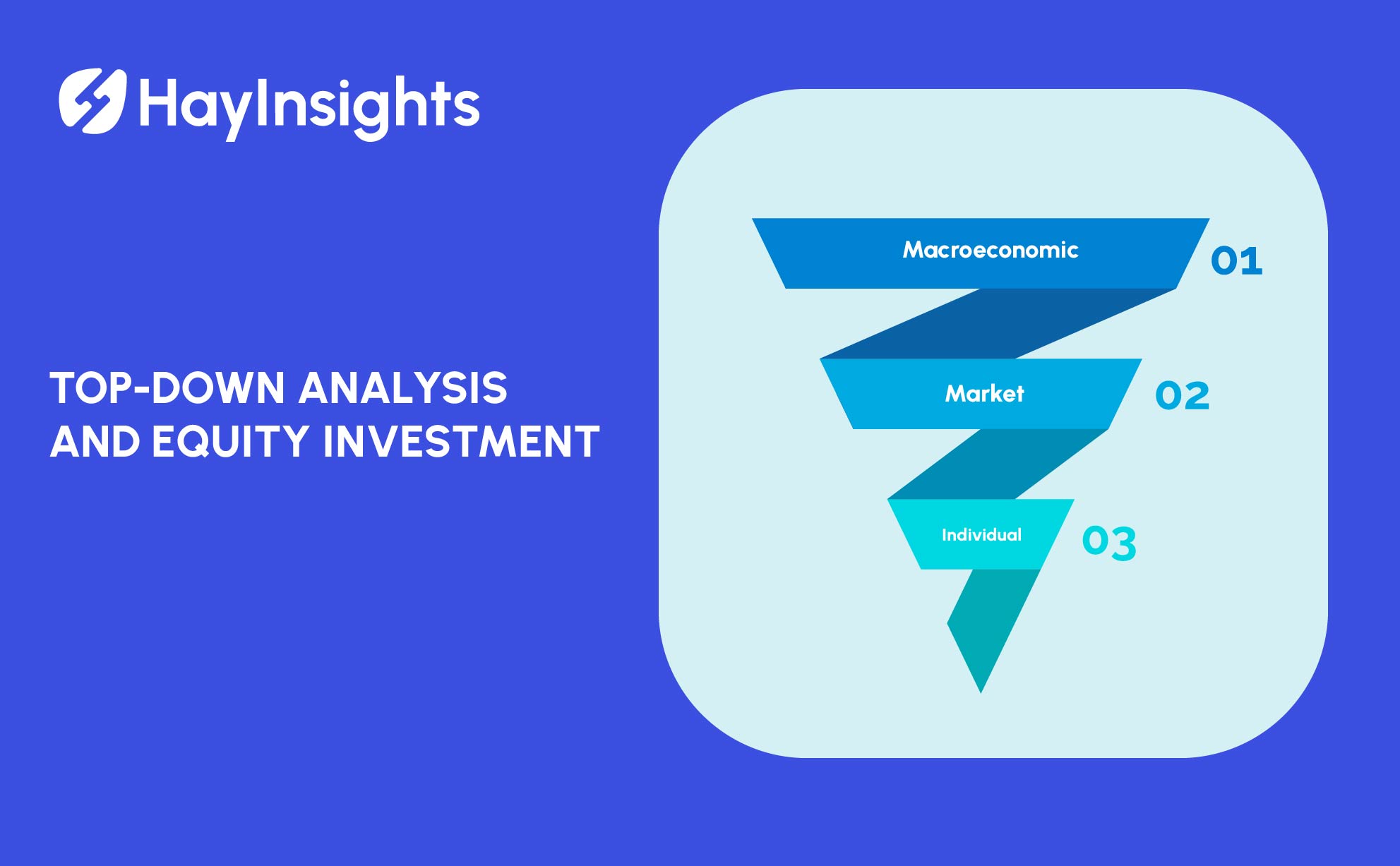
Japan ESG Index: A Guide to Sustainable Investing in Japan 2025
The Japan ESG index has emerged as a critical tool for investors seeking to align their portfolios with sustainability principles. As environmental, social, and governance (ESG) factors take center stage in global investment strategies, Japan has established itself as a key player in this space. This article explores the concept, significance, and leading ESG indices in Japan, providing insights for investors and stakeholders looking to integrate ESG considerations into their financial decisions.
Understanding ESG Investing
ESG investing refers to the practice of considering environmental, social, and governance factors when evaluating investment opportunities. It moves beyond traditional financial metrics, focusing on how a company’s practices affect sustainability and societal well-being. From carbon footprint reduction and diversity initiatives to corporate transparency, ESG investing evaluates companies holistically.
In Japan, the rise of ESG investing mirrors a global trend toward responsible capitalism. This approach not only helps mitigate risks but also enhances long-term financial returns. For investors, ESG indices serve as benchmarks for identifying companies that lead in sustainable practices.
What is the Japan ESG Index?
The term “Japan ESG index” refers to a collection of indices designed to measure the performance of Japanese companies based on their ESG practices. These indices evaluate companies on a variety of criteria, including their environmental impact, labor practices, governance structures, and overall sustainability efforts.
The introduction of ESG indices in Japan has been driven by institutional investors, regulatory changes, and growing awareness among corporations about the importance of sustainability. The Government Pension Investment Fund (GPIF), one of the largest pension funds globally, has been a major proponent, allocating significant resources to ESG-focused investments.
Leading ESG Indices in Japan
Japan hosts several prominent ESG indices, each with unique methodologies and focus areas. Below are some of the key indices shaping the ESG landscape in the country:
1. MSCI Japan ESG Leaders Index
The MSCI Japan ESG Leaders Index includes companies demonstrating strong ESG performance relative to their industry peers. It uses sector-specific criteria to identify leaders while maintaining industry diversification. Companies are evaluated on metrics such as carbon emissions, diversity policies, and governance standards.
2. FTSE Blossom Japan Index
Developed by FTSE Russell, this index focuses on Japanese companies with robust ESG practices. It incorporates companies that meet global ESG standards, making it a popular choice for institutional investors. The FTSE Blossom Japan Index is often used to evaluate Japan’s progress in sustainable investing.
3. S&P Japan 500 ESG Index
This index selects securities based on their sustainability profiles while maintaining a similar industry group weight as the S&P Japan 500. It is market-cap-weighted, making it an ideal benchmark for investors who want exposure to ESG-focused Japanese equities.
4. MSCI Japan ESG Select Leaders Index
This index is a subset of the broader MSCI Japan Index, focusing on companies with high ESG ratings. By excluding businesses involved in controversial sectors like weapons manufacturing and tobacco production, it appeals to investors with ethical investment goals.
The Role of GPIF in Japan’s ESG Movement
The Government Pension Investment Fund (GPIF) has been pivotal in promoting ESG investment in Japan. Since 2017, the GPIF has incorporated ESG indices like the FTSE Blossom Japan Index into its portfolio. This strategic move has encouraged other institutional investors to follow suit, creating a ripple effect across the market.
GPIF’s influence extends beyond capital allocation. By requiring companies to improve ESG disclosures and practices, the fund has set new benchmarks for corporate sustainability in Japan. This has had a profound impact on how Japanese businesses approach environmental, social, and governance issues.
Benefits of Investing in the Japan ESG Index
Investing in the Japan ESG index offers several advantages, including:
- Enhanced Risk Management: Companies with strong ESG practices are better equipped to manage risks such as regulatory changes, environmental disasters, and reputational damage.
- Long-Term Value Creation: Research indicates that companies with superior ESG performance often deliver better financial results over the long term.
- Positive Social Impact: ESG investing promotes ethical business practices, environmental conservation, and social equity.
- Market Competitiveness: Japan’s focus on ESG factors boosts its attractiveness to global investors, enhancing its economic resilience.
Challenges in ESG Investing in Japan
Despite its growth, ESG investing in Japan faces challenges:
- Data Transparency: While progress has been made, some companies still lack comprehensive ESG reporting.
- Standardization Issues: Differing methodologies among indices can confuse investors, making it difficult to compare ESG performance.
- Cultural and Regulatory Barriers: Japan’s corporate culture and regulatory environment may sometimes slow the adoption of ESG practices.
Addressing these challenges requires concerted efforts from regulators, investors, and corporations to create a more unified and transparent ESG framework.
The Future of ESG in Japan
Japan’s commitment to ESG investing is poised to strengthen in the coming years. Regulatory bodies are pushing for improved ESG disclosures, while companies are recognizing the financial and reputational benefits of sustainable practices. Additionally, the integration of global ESG standards will enhance Japan’s competitiveness in the international market.
Emerging technologies and innovations, such as artificial intelligence and blockchain, may further streamline ESG data collection and analysis. This could lead to more accurate assessments of corporate sustainability, benefiting both investors and society at large.
Conclusion
The Japan ESG index represents a critical step toward a more sustainable financial future. By integrating environmental, social, and governance factors into investment strategies, it helps align economic growth with broader societal and environmental goals. As the demand for sustainable investing continues to grow, Japan’s ESG indices will play a pivotal role in shaping responsible investment practices both domestically and globally.
For investors, the Japan ESG index offers an opportunity to not only achieve financial returns but also contribute to a sustainable and equitable future. With continued innovation and collaboration, Japan is well-positioned to lead the way in ESG investing.












